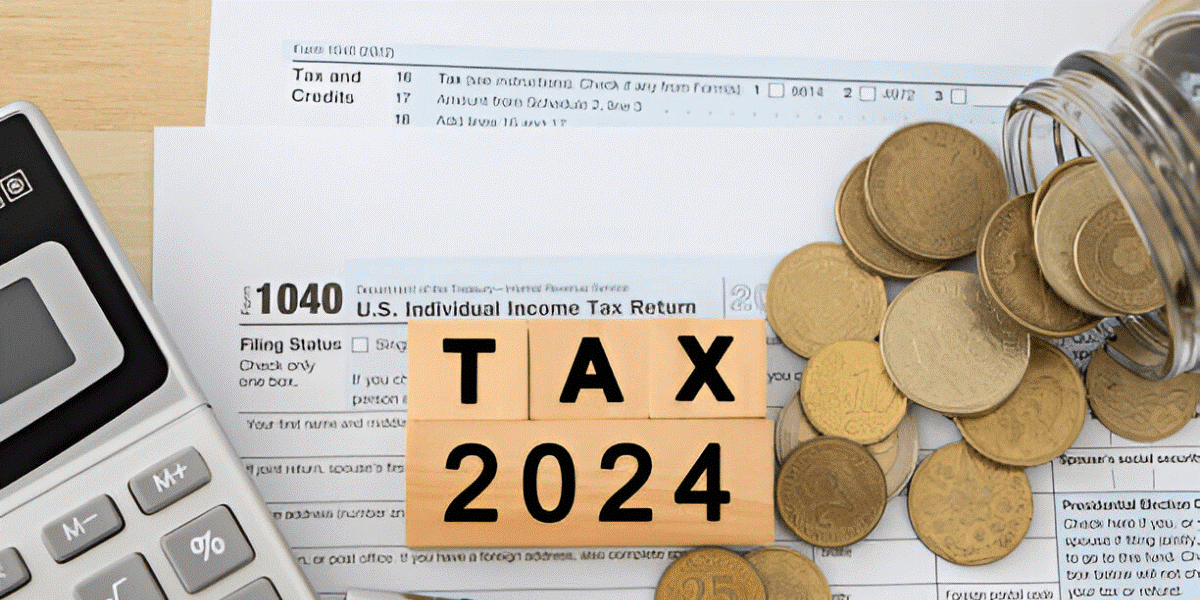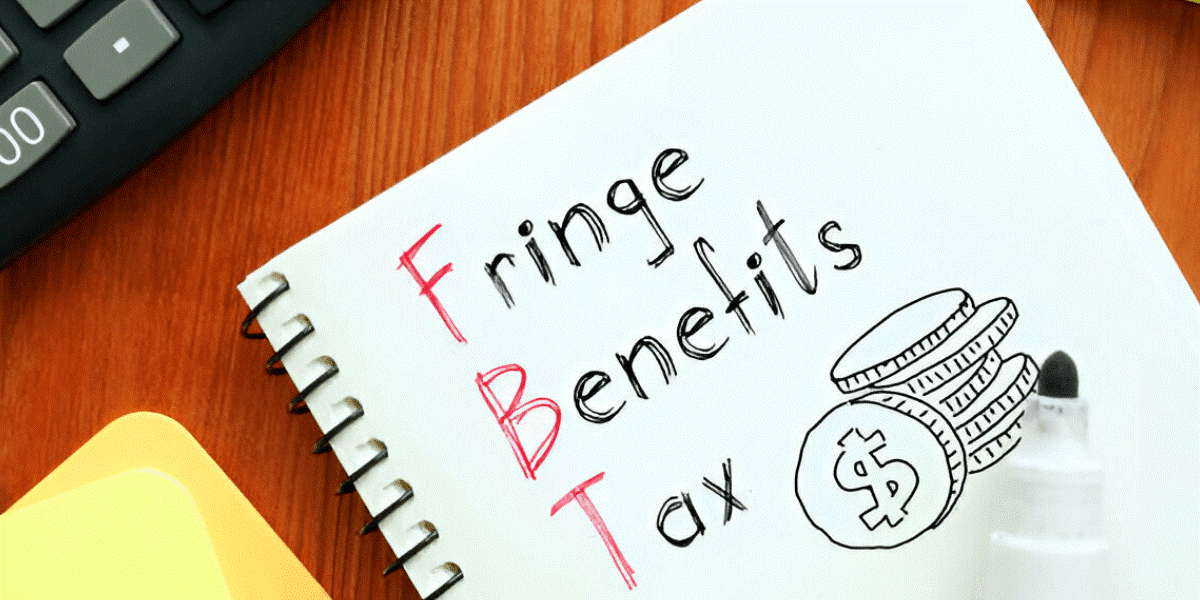What Are The Consequences Of Not Lodging Tax Returns On Time?
Unable To Lodge Tax Returns
Late Lodge ment
In the event of a late lodgment, ATO (Australian Taxation Office) will contact you through various channels, including SMS, myGov messages, letters, or phone calls. Additionally, penalties may be imposed for the delay.
ATO is firmly committed to assisting individuals in meeting their lodgment obligations. If there is a reluctance to cooperate or if agreements to lodge are not met, ATO may need to take firmer actions. This could involve implementing penalties or other measures if payment is not made promptly.
Timely lodgment is important. If you face difficulties meeting deadlines, do not hesitate to contact the ATO for assistance. They are available to provide guidance and support, ensuring compliance while minimising any potential consequences.
General Interest Charge
If you fail to pay on time, a general interest charge (GIC) will be added to your outstanding amount, accruing daily until the debt is settled. GIC interest rates are revised quarterly, with the interest calculated on a daily compounding basis and periodically added to your account. Typically, you can claim a tax deduction for the interest charged in the year it's incurred.
Request a Remission
If you encounter challenges with paying your interest, you can request a remission of some or all of it. This can be granted if there are valid extenuating circumstances behind your payment delay.
You can initiate a remission request through various channels, such as using a registered agent via Online services, sending a written request to the Australian Taxation Office, or contacting them by phone.
When submitting your request, provide details about the circumstances causing the delay and any actions you've taken to address your debt. If your request is approved, report the remitted interest amount as income in your tax return for the relevant year.
Understanding Debt Repayment and Refund Offsetting
If you owe the government money, including any debts currently on hold, the ATO is legally obligated to use any credits or refunds you're entitled to repay that debt. This process is known as offsetting.
However, there are certain situations where the ATO may choose not to offset the refund, particularly if you're experiencing significant financial difficulties. In such cases, the ATO may consider paying the refund directly to you.
The ATO may also use credits from other government agencies to settle your debts. Sometimes, if you owe money to other Australian Government agencies, such as overdue child support payments, the government taxation office may be required to redirect your refund to those agencies.
Once all your debts are cleared, any remaining credit will be refunded to you. You can identify an offset transaction on your statement of account or in your Online Services account described as "Offset."
Taxpayer Compliance - Approach and Measures

The government taxation office is dedicated to assisting taxpayers committed to fulfilling their obligations and ensuring fairness for all. However, the office employs stricter measures when dealing with individuals who:
● Refuse to cooperate with them.
● Continuously default on agreed payment plans.
● They fail to address their financial situation despite being able to do so.
● Have been audited and found to be deliberately avoiding payment, with the behaviour persisting.
● Engage in Phoenix activities, which involve using liquidation to evade financial responsibilities without risking assets and restart business operations through a new entity.
Garnishee Notices: How They Work and Who They Apply To?
ATO has the authority to issue a garnishee notice to individuals or businesses who hold or may hold money for you. This notice requires them to send your money directly to ATO to reduce your debt. Australian Taxation Office will provide you with a copy of the notice.
For individuals, this notice may be sent to your employer or contractor, banks, financial institutions, building societies where you have accounts, or to individuals who owe you money from the sale of real estate, such as purchasers, real estate agents, and solicitors.
For businesses, ATO may send a garnishee notice to your financial institution, trade debtors, or suppliers of merchant card facilities.
Director Penalties: Understanding Responsibilities and Consequences
Directors can face penalties equal to what their company owes in unpaid PAYG withholding, net GST (including luxury car and wine equalisation tax), and a super guarantee charge.
If necessary, ATO may send a director penalty notice, which allows them to begin legal action to collect the penalty from the director.
Employer Obligations and Consequences for Outstanding Super Guarantee Charge
Employers may receive a directive from ATO to pay any outstanding Super Guarantee Charge (SGC) or estimated SGC within a set timeframe. When this happens, employers must pay the full specified amount on time. Not following this directive is considered a serious offence, which could lead to penalties or even imprisonment.
Frequently Asked Questions
1. Is there a possibility of prosecution if I fail to submit my tax return?
Yes, failing to lodge is considered a criminal offence, and if convicted by the court, one could face additional fines and/or up to 12 months imprisonment. The tax authority reserves the right to prosecute individuals who do not comply with their lodgment requirements. Still, they typically provide notifications and opportunities to rectify the situation before taking legal action.
2. Is there a possibility of prosecution if I fail to submit my tax return?
Yes, there is a possibility of being audited if you fail to lodge a tax return. The tax authority may initiate an audit to identify your lodgment requirements, and you will be notified by phone or in writing about the audit. During the audit process, you may be requested to provide documentation, such as bank statements or business records, for the period in which you have not lodged your tax return.
3. What steps should I take if I have not yet filed my tax return?
Please note that the Australian Taxation Office (ATO) will eventually catch up with anyone who hasn't filed their taxes yet. We recommend updating your tax returns as soon as possible to avoid any trouble. We understand how stressful catching up on missed tax payments can be, so we make the process as easy as possible.
Wrapping Up - Lodging Tax Returns
In conclusion, there are many consequences of not lodging tax returns on time in Australia. From financial penalties and interest charges to audits, investigations, and legal action, non-compliance can have serious ramifications for individuals and businesses alike.
Therefore, it is very important to prioritise timely lodgment of tax returns to avoid unnecessary risks. By fulfilling their tax obligations promptly, taxpayers can safeguard their financial well-being and reputation while contributing to a fair and transparent tax system.
Financially, it is a stressful situation to file your taxes. With the professional assistance of our accountant in Australia, you can reduce the stress and potential financial burden of filing your taxes online. Our team at Tax App, one of the leading accounting firms in Australia, possesses expert knowledge, negotiation skills, and compliance assurance to help you effectively and efficiently lodge your tax returns. So, if you're looking for a comprehensive solution to lodge your tax return easily, we're here to help.
Disclaimer:
The content of these blog posts is intended to be of a general nature and should not be construed as tax or any other form of advice. We do not guarantee the accuracy or completeness of the information provided in these blog posts. It is imperative that you consult with a qualified professional, such as a certified accountant at Tax App, before taking any action based on the advice or information contained herein. Your specific financial and tax situation may require personalised guidance, and a professional consultation is recommended to ensure compliance with applicable laws and regulations.
Get Started with Us
Connect with Australia’s most innovative accountants today. Fill out our contact form, and let’s discuss how we can help you achieve your financial goals. Together, we’ll create a tailored action plan that maximises your tax savings.
Awards!
⭐⭐⭐⭐⭐






At Tax App, we offer Sydney Local, Online Accounting and Tax Services for individuals and small businesses in our community. Our technology and experienced team provide efficient and personalised solutions to streamline financial management. Trust us to be your partner in success.
Chartered Accountants
Liability limited by a scheme approved under Professional Standards Legislation
All Rights Reserved | Tax App Pty Ltd
Useful Links
Contact Us
Disclaimer: The content of this website is intended to be of a general nature and should not be construed as tax or any other form of advice. We do not guarantee the accuracy or completeness of the information provided in this website. It is imperative that you consult with a qualified professional, such as a certified accountant at Tax App, before taking any action based on the advice or information contained herein. Your specific financial and tax situation may require personalised guidance, and a professional consultation is recommended to ensure compliance with applicable laws and regulations.









